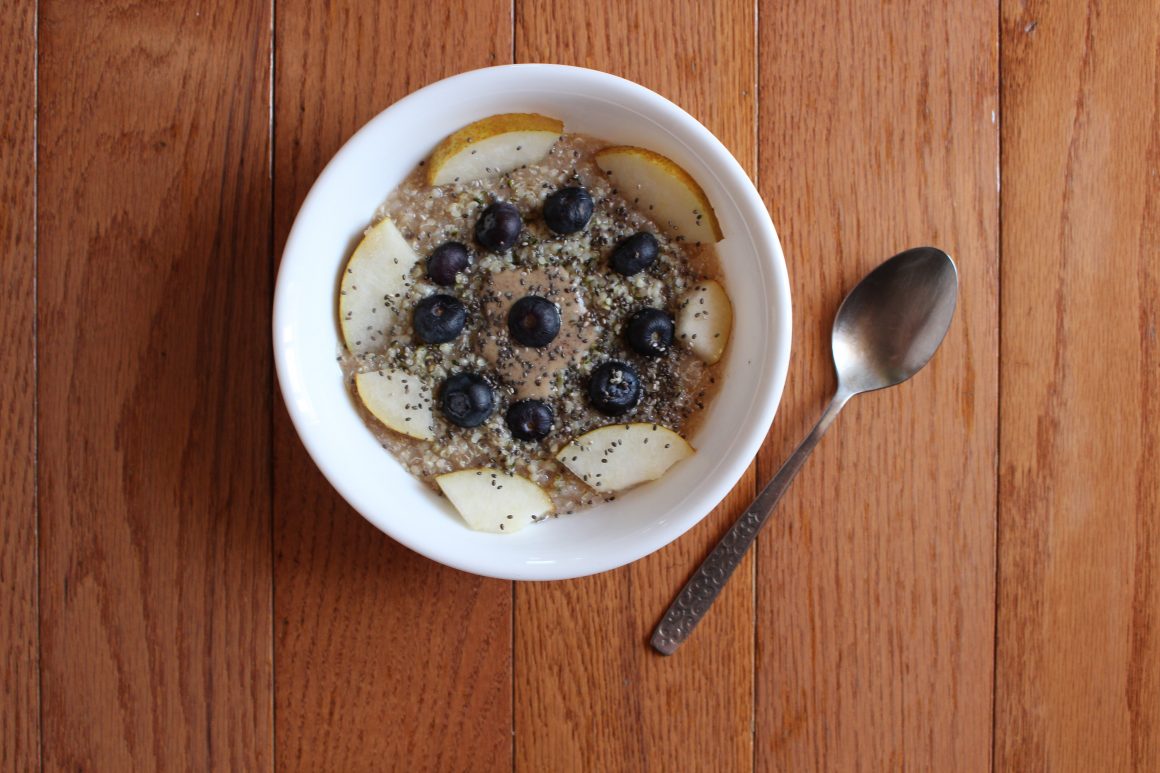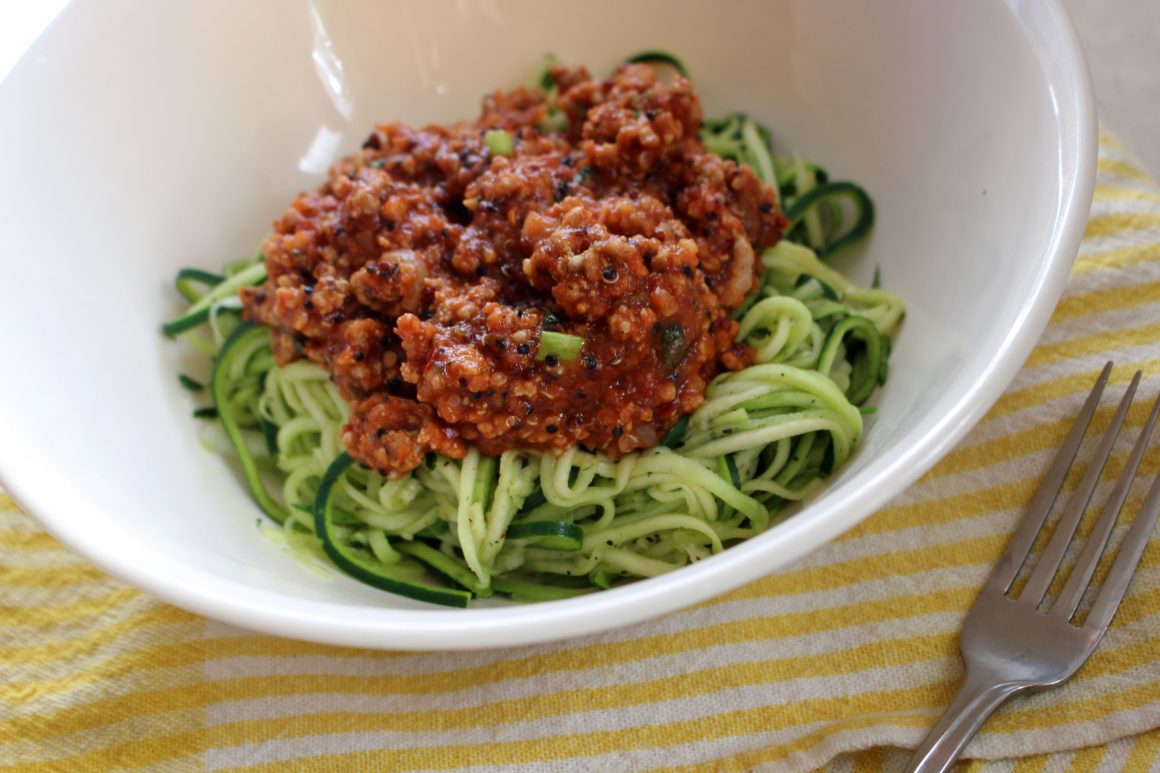This post is all about how important it is to heal constipation and candida and how it impacts your health.

I spoke about this on my Youtube channel years ago, I’ve also referenced it throughout my Instagram posts chronicling my healing journey and what I can say is your bowel movement is a direct indicator of your health.
This isn’t a sexy subject to talk about, but it is highly important. Especially in regards to the candida diet, or any sort of digestive issue, supporting optimal bowel movements is a keystone to your healing.
In this blog post, I will explain eight reasons why you must get to the root cause of your constipation, how constipation and candida go hand in hand, and what methods you can apply to heal from constipation.
Table of Contents
What is Constipation?
Constipation is a common digestive condition wherein a person experiences infrequent bowel movements or difficulty passing stool. It occurs when the stool moves slowly through the digestive tract, allowing excess water to be absorbed from it. This can lead to dry, hard stool that is difficult to pass.
Several factors can contribute to constipation, including a low-fiber diet, dehydration, lack of physical activity, certain medications, medical conditions, and lifestyle habits.
Generally speaking, a healthy individual should have on average 1-2 bowel movements per day. Anything outside of that is considered constipation. Now as you can imagine, there’s a spectrum (mild to severe) but for the most part…you should have a daily movement. If not, then this blog post is for you.
What Foods To Avoid When Constipated
When constipated, it’s helpful to avoid foods that can worsen the condition or contribute to further discomfort. Here are some foods to consider avoiding when constipated:
- Processed Foods: Processed foods, especially those high in refined sugars and low in fiber, can exacerbate constipation. These include fast food, frozen meals, and packaged snacks.
- Dairy Products: Dairy products like cheese, milk, and ice cream can be binding and make constipation worse for some people, particularly if they are lactose intolerant.
- Red Meat: Red meat tends to be high in fat and low in fiber, which can slow down digestion and contribute to constipation.
- White Flours: These refined grains are low in fiber and can contribute to constipation. Opt for whole grains instead, such as brown rice and whole wheat bread.
- Fried and Fatty Foods: Fried and fatty foods can slow digestion and make bowel movements more difficult. Avoid fried foods, greasy foods, and fatty cuts of meat.
- Caffeine and Alcohol: Both caffeine and alcohol can dehydrate the body and worsen constipation. Limit your intake of coffee, tea, soda, and alcoholic beverages.
It’s important to remember that individual responses to foods may vary, so it’s a good idea to pay attention to how your body reacts to different foods and adjust your diet accordingly. Additionally, staying hydrated by drinking plenty of water and incorporating fiber-rich foods into your diet can help alleviate constipation.
How to Relieve Constipation Naturally
There are several ways to relieve constipation, including lifestyle changes, dietary adjustments, and over-the-counter remedies. Here are some effective methods:
- Increase Fiber Intake: Fiber helps promote regular bowel movements by adding bulk to stool and aiding in its passage through the digestive system. Add more fiber-rich foods to your diet, such as fruits, vegetables, whole grains, legumes, and nuts.
- Stay Hydrated: Drink plenty of water throughout the day. Adequate hydration softens stool and makes it easier to pass. Aim for at least 8 glasses (64 ounces) of water per day, and more if you’re physically active or in a hot climate.
- Consider Natural Remedies: Certain natural remedies, such as prunes or prune juice, flaxseed, and magnesium supplements, may help relieve constipation for some people. Be sure to discuss any new supplements or remedies with your healthcare provider, especially if you have underlying health conditions or are taking medications.
- Try Over-the-Counter Remedies: Over-the-counter fiber supplements, such as psyllium husk (Metamucil) or methylcellulose (Citrucel), can help increase fiber intake and promote regularity. Always follow the dosage instructions provided on the product label
If constipation persists despite trying these remedies or if you experience severe symptoms such as abdominal pain, bloating, or blood in the stool, it’s important to consult with a healthcare professional for further evaluation and treatment. Chronic constipation may be a sign of an underlying medical condition that requires medical attention.
8 Reasons Why Healing Constipation and Candida is Important
Constipation and candida go hand-in-hand and improving your bowel movement will have a positive impact on your health for several reasons:
Elimination of Toxins
The digestive tract has an important function one that serves to help us digest nutrients to be reabsorbed in the body, supply energy to our cells, and more. At the end of that cycle, our bodies are meant to remove the waste that is no longer needed. Unfortunately, for those experiencing constipation, there is a buildup of waste material and toxins in the colon. During a candida cleanse, it’s essential to eliminate excess candida yeast and its byproducts from the body. Constipation hinders this process, potentially allowing the candida overgrowth to persist.
Balancing Gut Microbiota
A healthy digestive system is crucial for maintaining a balanced gut microbiota. Constipation disrupts this balance, potentially favoring the growth of harmful bacteria and yeast, including candida. Clearing out the colon and supplementing it with probiotics can create a more hospitable environment for beneficial bacteria to flourish.
Optimizing Nutrient Absorption
Constipation can impair nutrient absorption in the intestines. During a candida cleanse, it’s important to nourish the body with essential nutrients to support overall health and immune function. Addressing constipation ensures that the body can effectively absorb the nutrients from the foods and supplements consumed during the cleanse.
Reducing Candida Overgrowth
Candida thrives in environments with imbalances in gut flora, low fiber intake, and slow transit times in the digestive tract. When you aren’t removing wastes, there is a potential for build-up in the colon, which potentially allows candida to proliferate. By addressing constipation, you create an environment less conducive to candida overgrowth.
Alleviating Discomfort
Constipation symptoms include discomfort, bloating, and abdominal pain which can be exacerbated by candida overgrowth, as the yeast can produce gas and byproducts that contribute to digestive discomfort. Resolving constipation can provide relief from these symptoms, enhancing overall well-being during the cleanse.
Supporting the Immune System
A significant portion of the immune system resides in the gut. Addressing constipation supports a healthy gut environment, which, in turn, supports immune function. This is particularly important during a candida cleanse, as the immune system plays a vital role in controlling candida overgrowth.
Preventing Reabsorption of Toxins
When waste material lingers in the colon due to constipation, there’s a risk of toxins being reabsorbed into the bloodstream. This can place additional strain on the liver and other detoxification organs. Clearing out the colon helps prevent the reabsorption of harmful substances.
Enhancing Overall Well-Being
A properly functioning digestive system is essential for overall well-being. Addressing constipation ensures that waste is efficiently eliminated from the body, promoting a sense of lightness, energy, and vitality.

Conclusion
In summary, healing constipation is a critical aspect of a candida cleanse because it helps create an environment in the digestive tract that is less favorable for candida overgrowth. By optimizing digestion, nutrient absorption, and gut health, you support the body’s natural ability to rebalance and recover from candida overgrowth.
Always consult a healthcare professional or registered dietitian before embarking on any major dietary changes or cleanse programs, especially if you have underlying health conditions.








